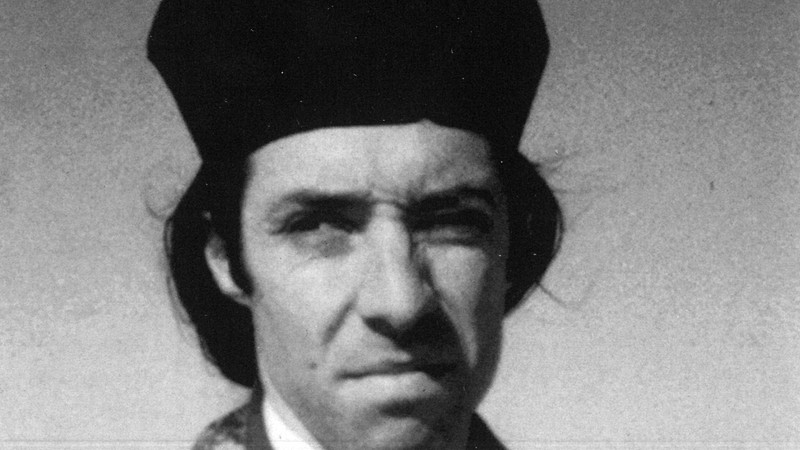48 minutes

Screened as part of NZIFF 2001
Homegrown Two
We’re delighted to highlight two strikingly different experimental works by New Zealand filmmakers.
Henge 2001
The Henge project, conceived and directed by Daniel Belton, saw celebrated graphic, dance, sound and film artists collaborate in a moving image installation which opened at the Dunedin Public Art Gallery in June 2001. The project was shot by Nigel Bunn on 16mm black and white film on Bolex and CP cameras and edited on an AVID with Digital Dog Alf West. — MIC
Originally this project was planned as a moving image installation which would feature live dance performance. When some of our anticipated funding did not come through, I had to rework the early concepts to fit in with a much tighter budget. In order to retain its integrity I shifted the whole thing towards a purely film presentation. Initial ideas for the Henge project sought to investigate concepts associated with rituals and the images/art objects we associate with Megalithic culture. By examining particular patterns and rhythms relating to solstice and star mapping, we would transfer our study into the language of movement, sound and sculpture. While the project concepts grew and changed over time, we managed to keep a thread of these first ideas alive in what evolved for the film.
In parts of Central Otago there are huge free-standing rock formations, which have an eerie impact on their environment. Beautiful and disquieting – sometimes almost human, and evoking human intervention. I was reminded immediately of the prehistoric stone circles or henges dotted about Britain’s countryside. Avebury and Stonehenge are popular examples. We still don’t fully understand why they were built. Is Stonehenge an ancient astronomical observatory, and were the motives of its builders essentially religious? The knowledge our ancestors possessed was certainly very different from what we know about our world today. I became fascinated with how knowledge is passed down from generation to generation; and how knowledge can be erased or lost over time. We dream, we create ideologies and systems. Henge is about erasure and memory: the loss of what was once presumed to be apparent. — Daniel Belton
Pause the Rising Tide 2001
For the past few years we have featured Alex Monteith’s work in MIC’s Homegrown Festival programmes. She is one of New Zealand’s most prolific experimental filmmakers. Pause the Rising Tide is her most ambitious yet: a surreal collage of texture, image and sound. Threading the whole together, a Bunu˜ellian priest wanders through desert, takes the stage at Auckland’s Civic Theatre. On-screen text serves as a kind of poetic punctuation – challenging the viewer to make connections. — MIC
Aims to subvert the traditional orders in cinematic moments referencing popular history. Fragments (Bubonic Plague, The Iron Curtain) are veiled in surrealist minimalism. Edited in lateral image shifts between geometry, colour and form; underscored with imitation Russian intertitles. — Alex Monteith